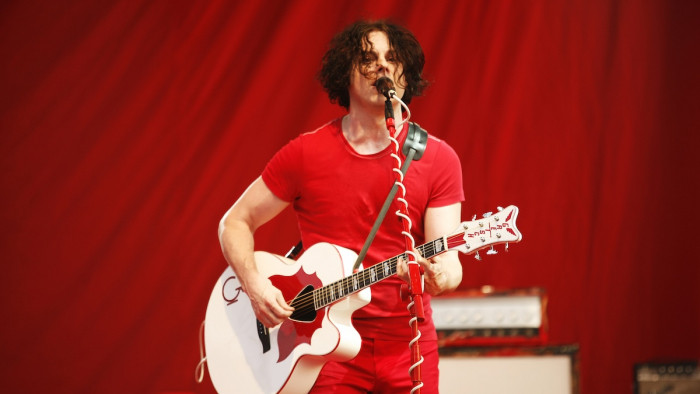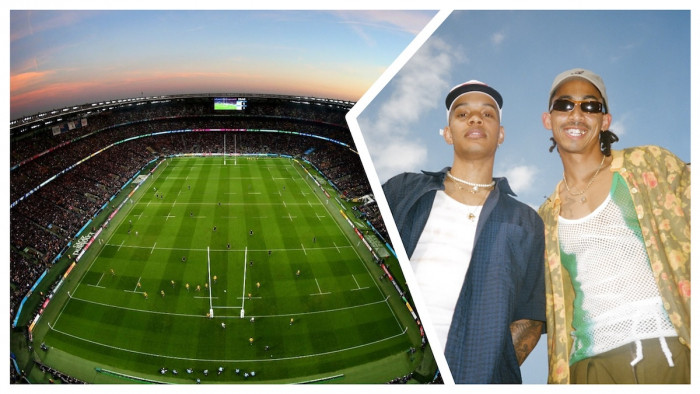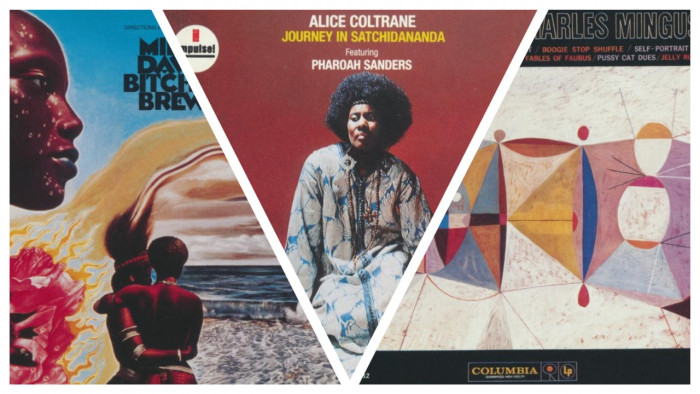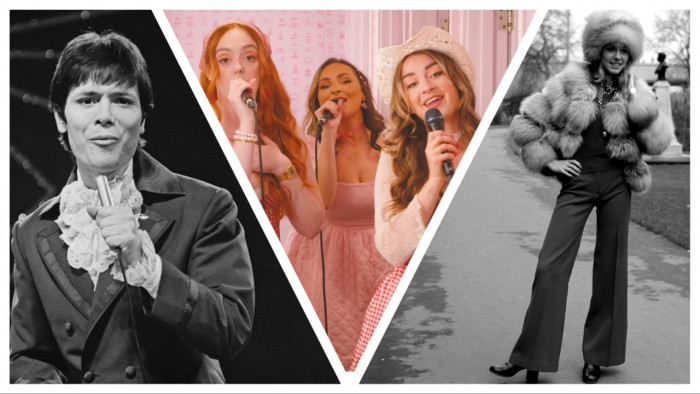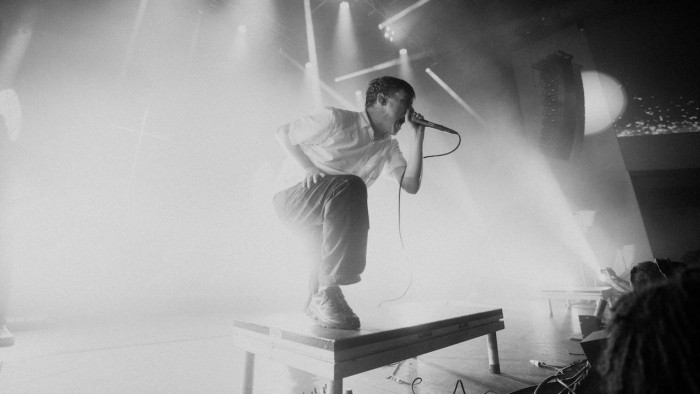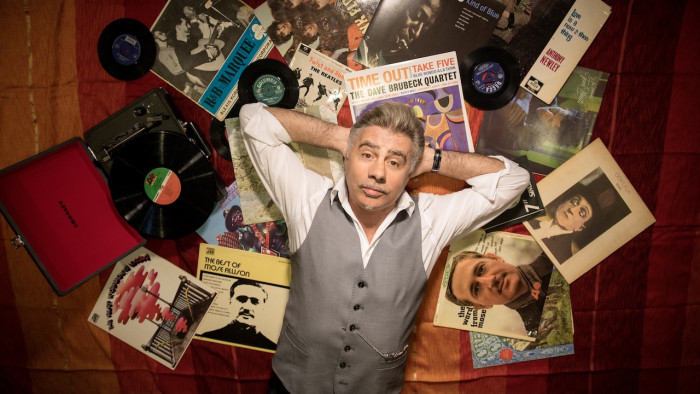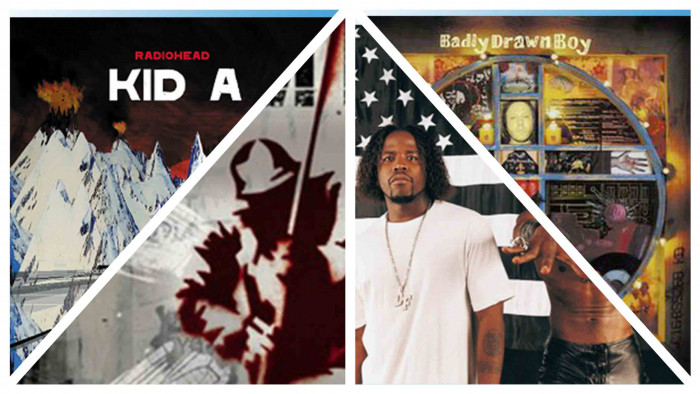Why it's time to celebrate the second division Britpop bands
As Sleeper reform, this is why you need to look past Oasis, Blur & Pulp


Just before Christmas, the year before last, I found myself repeatedly kicking a bin inside London’s Roundhouse, whilst screaming the chorus of Chasing Rainbows by Shed Seven, along with with around 2,000 others. This went on for approximately five times as long as the band’s version - the final song in their set - had lasted, only ending when security finally tired of our incessant chanting.
And I daresay that just before Christmas this coming year, when the band tour again, I shall be doing exactly the same thing again.
The news that Sleeper, who scored three top 10s in the 1990s, had finally given in and reformed, announcing a set of live dates for the first time in 19 years this summer, as part of the Star Shaped Festival gig series, completed the set of ‘second division’ bands from the Britpop era who have got back together in recent years.
Shed Seven, Cast, Dodgy, The Lightning Seeds, Reef, Kula Shaker, Space, Dodgy, Echobelly and even, as recently as January, Elastica (albeit seemingly without Justinne Frischmann) have all come back as a going concern after a period of activity to get back on the road and play their old songs again.
It’s important to make clear that ‘Second Division’ is in no way a derogatory term.
It merely acknowledges the fact that, during the heady days of Britpop, there were those in the Champions League spots (Blur, Oasis and Pulp), those in the top half of the table who existed successfully outside of the Britpop era on their own terms (Suede, Supergrass, Ash, The Charlatans, The Verve) and then there were the rest who made up the scene who, if we’re extending the footballing metaphor, were the Stokes and West Broms of Britpop. Not particularly glamorous, almost certain to be the fourth choice on Match of the Day, but capable of punching well above their weight, occasionally pulling off a shock result.
Looking back, they existed in a strange place, philosophically.
On the one hand, there’s no doubt in my mind that the sheer quality of bands around at the time forced anyone who wanted to compete to up their game. Hence, the songs that these ‘other bands’ produced, were frequently fantastic – a direct result of having to fight with Blur and Oasis for airtime – if not as consistent over the course of an album. Every single one of the bands listed above have songs that, had they come out at any other time, would probably have been number one records: if a new band today wrote Chasing Rainbows, they’d be signed instantly and hyped as the new Beatles. And therein lies the rub – they weren’t released at another time. They were released at the same time as era-defining tracks, against which they didn’t stand a chance, and so they never really got the acclaim they deserved. And yet, they can’t be unhappy to have featured in that era of music – they are all part of history, even if they weren’t exactly leading the headlines.
But it’s this quality of output that means that, unlike a lot of lazy reunions for cash, I absolutely do not begrudge them all for coming back, dusting off the old tunes, and having their moment in the sun. They’re benefiting from three key ingredients that now exist: the fact that the big guns (Oasis, Blur and Pulp) are gone; the seemingly insatiable demand for nostalgia in music; and the fact that there’s very little new anthemic guitar stuff around. But the fourth key ingredient is that these songs are finally being respected for the brilliant compositions that they are.
Shed Seven tour every two years and play the same songs every time. And every time it sells out – in fact, virtually all of the bands listed before are now playing far bigger rooms than they ever did first time around. But let’s not forget, people wouldn’t bother if it was a couple of half-decent songs and the rest being filler; nostalgia can only carry you so far. But witness a Shed Seven show and you’ll see ninety minutes of anthemic, melodic, expertly-performed tunes, sung by the seemingly ageless Rick Witter, who doesn’t miss a note throughout the whole thing.
Will the Sleeper reunion shows be any good? Of course they will. They’ve got Sale of the Century, Nice Guy Eddie, Inbetweener, Statuesque and What Do I Do Now. How can you fail when you’ve got those bangers in your locker?
And Louise probably still looks amazing.
And it’s a beacon of hope for all bands everywhere – if you write good enough songs, then eventually the good will out.
You might need to wait 20 years for it to happen, but you’ll get there in the end.
(Image: Rex)
